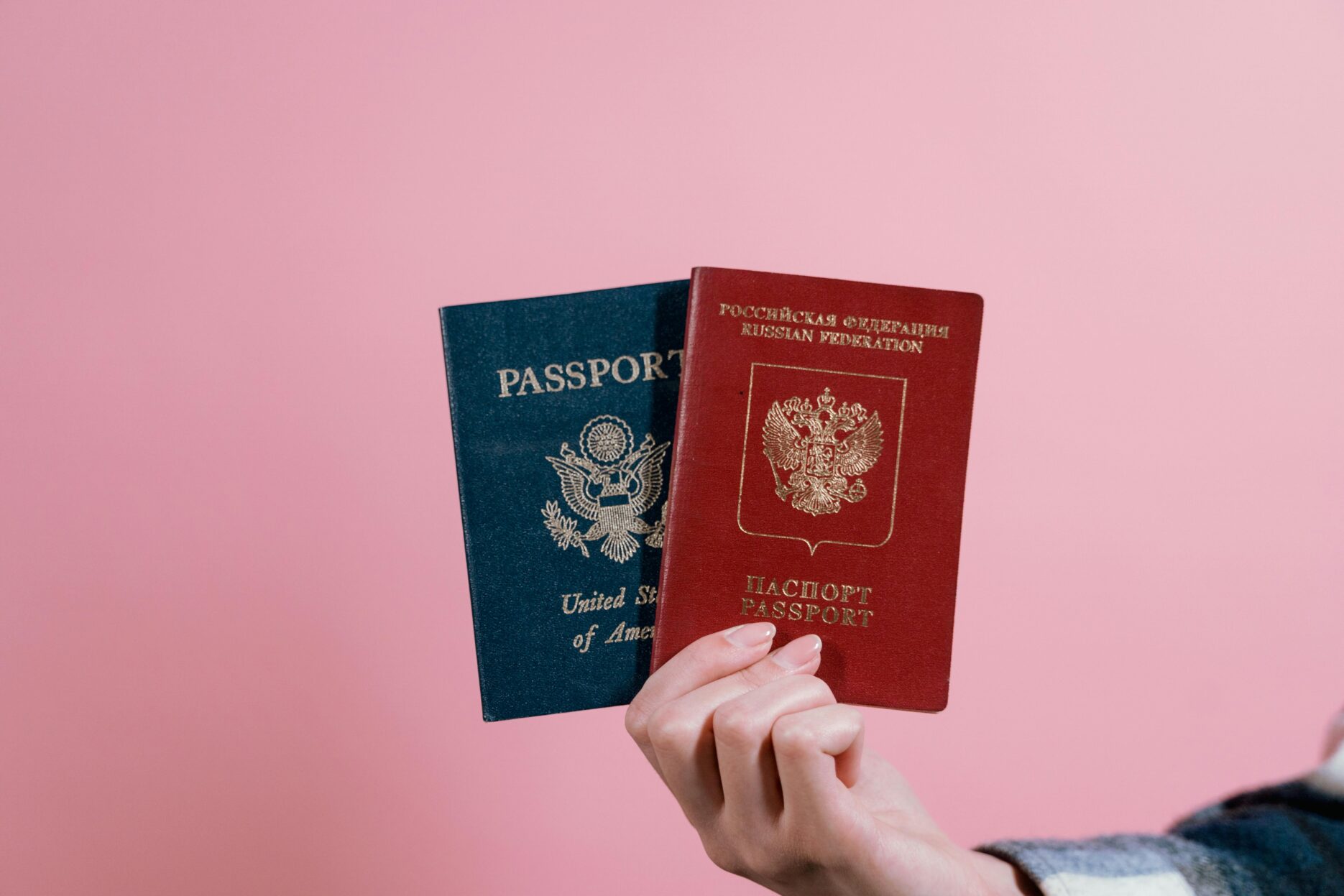A new type of China visa designed to attract foreign science and tech professionals to the country has drawn a slew of backlash online. The new K Visa went into operation on 1st October and within days was dubbed China’s H-1B – the U.S. visa equivalent, recently spotlighted under a Trump policy that imposed fees of up to US $100,000 for new petitions.
The K Visa’s critics weren’t angry about price though – a K Visa doesn’t cost any more than other China visas. The concern was around opportunities. With more foreign talent being drawn to the country, they worried their own chances in what’s already a very competitive job market would be diminished.
Recent laxing in Chinese visa requirements have generally been aimed at boosting tourism. But the K Visa aims to attract talent from top global universities and offers perks like flexible entry and extended stays without the need for a local employer sponsor – an approach similar to Western talent visas.

To a generation of Chinese people increasingly disillusioned with the 996 lifestyle – a work routine of 9am to 9pm, 6 days a week – and the heavy demands of Chinese society, it didn’t go down well. Netizens took to Weibo saying things like ‘China does not need foreign undergraduates.’ And calling to ‘Resolutely resist the blind implementation of the #k visa,’ adding ‘We need to fully consider the national strategic needs and the employment needs of a large number of undergraduate graduates in China.’
Government officials took to state media to defend the visa and calm the uproar. Foreign Ministry spokesman Guo Jiakun said the K visa is intended ‘To promote exchanges and cooperation between young science and technology talents from China and other countries.’ Other media outlets stated the visa wasn’t going to risk Chinese jobs.
The political backdrop to this is that China is seeking to attract foreign talent, as the U.S. rejects it under Trump’s recent executive actions. China struggles to attract foreign professionals as easily as the U.S. because of wider cultural and linguistic divides. Easing STEM-related visa requirements might be a step in the direction of bridging that gap, but it risks upsetting people who already feel hard done by.









